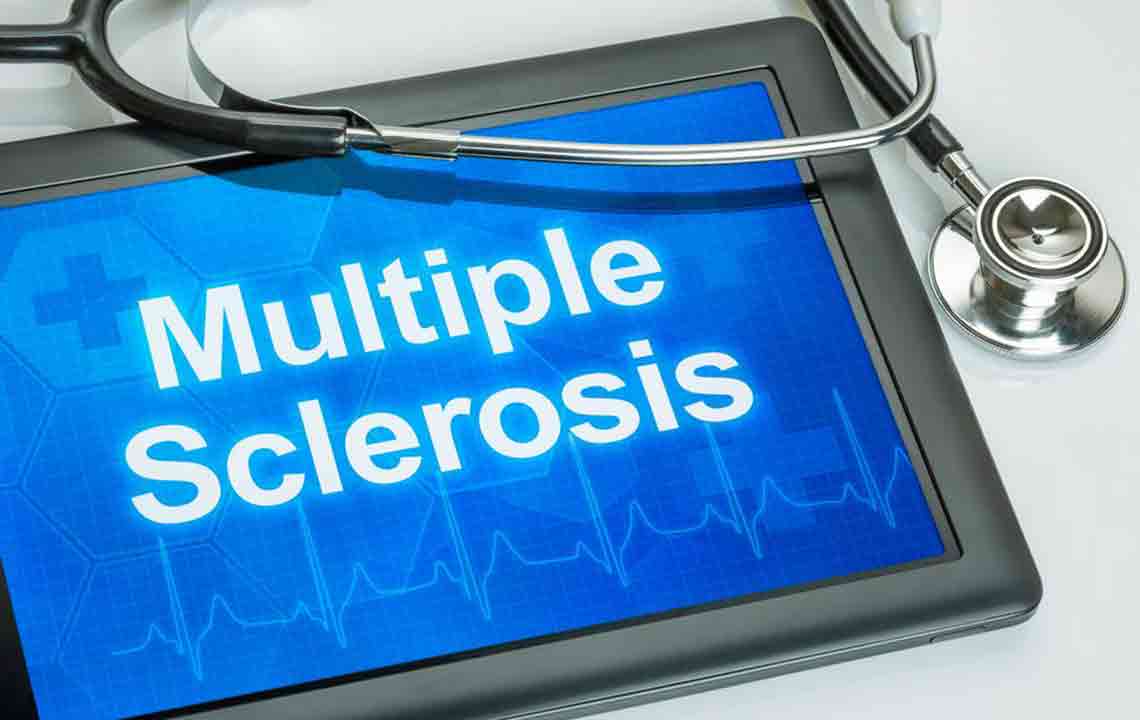Early Signs and Symptoms of Multiple Sclerosis: A Comprehensive Guide to Timely Diagnosis and Management
Multiple sclerosis (MS) is a progressive autoimmune disease affecting the central nervous system. Early recognition of symptoms such as vision problems, muscle stiffness, numbness, fatigue, and mood changes is vital for timely diagnosis and management. This comprehensive guide explores key early signs, helping individuals seek prompt medical care to improve prognosis and quality of life. Understanding these symptoms can lead to early intervention, ultimately reducing disability and enhancing daily functioning. Stay informed about MS symptoms to take control of your health and well-being.

Early Signs and Symptoms of Multiple Sclerosis: A Comprehensive Guide to Timely Diagnosis and Management
Multiple sclerosis (MS) is a complex and chronic autoimmune disease that affects millions of individuals worldwide. Characterized by the immune system mistakenly attacking the central nervous system (CNS), MS damages the protective myelin sheaths that surround nerve fibers. This disruption impairs the transmission of nerve signals between the brain, spinal cord, and the rest of the body. The onset of MS can be subtle, often making early diagnosis challenging, yet recognizing its key symptoms is crucial for initiating prompt treatment and improving long-term outcomes.
While the exact cause of multiple sclerosis remains unknown, research indicates that a combination of genetic predisposition, environmental factors, and lifestyle choices contribute to its development. No two cases are exactly the same, with symptoms varying widely based on the location and extent of nerve damage. Understanding the common early signs of MS can help patients seek medical attention sooner, which can lead to more effective symptom management and a better quality of life.
Vision Disturbances
One of the most prominent early symptoms of MS involves vision problems. Patients often experience blurred vision, double vision, or temporary loss of vision, typically affecting one eye at a time. These symptoms result from inflammation or damage to the optic nerve, a condition known as optic neuritis. Vision issues may be accompanied by eye pain, especially with eye movement, and can be transient or persistent depending on disease progression.
Muscle Stiffness and Spasms
Nervous system damage in MS can lead to muscle rigidity and involuntary spasms. These symptoms are common in the early stages and may affect limbs, neck, or back. Patients often report stiffness that interferes with movement and daily activities, sometimes accompanied by painful spasms or tremors. Early recognition is vital for managing these symptoms through therapies, medications, or physical exercises.
Numbness, Tingling, and Paralysis
The disruption of nerve signals often manifests as numbness or tingling sensations in various parts of the body. In some cases, these sensory disturbances can progress to partial or full paralysis, especially affecting lower limbs. Such symptoms may appear suddenly or gradually, and they tend to fluctuate, sometimes worsening with heat or fatigue.
Persistent Fatigue and Weakness
Many individuals with early MS report persistent fatigue that isn’t relieved by rest. This fatigue results from nerve damage affecting muscle strength and energy levels. It can significantly impair daily functioning and worsen over time if not appropriately managed, making it one of the most debilitating early symptoms.
Mood Changes and Psychological Symptoms
Emotional and psychological shifts are common in early MS. Patients may experience mood swings, irritability, depression, or anxiety. Pseudobulbar affect, characterized by involuntary crying or laughing, can also occur. These symptoms are often overlooked but are important indicators that require supportive mental health care alongside physical treatment.
Vertigo, Dizziness, and Balance Issues
Feeling dizzy, spinning, or off-balance is frequently reported in initial stages of MS. Changes in sensation and coordination difficulties when changing positions can lead to falls and injuries. Vestibular disturbances caused by CNS lesions are responsible for these symptoms, and early assessment can help in designing appropriate balance therapies.
Bladder, Bowel, and Sexual Dysfunction
Damage to nerve pathways involved in organ control may cause various autonomic dysfunctions. Patients might experience urinary urgency, incontinence, constipation, or sexual problems. These issues often occur early and can be disruptive to personal and social life, emphasizing the need for comprehensive management strategies.
Recognizing these early symptoms of MS is vital for individuals and healthcare providers. If you notice any of these signs, it is essential to seek medical advice promptly. Early diagnosis allows for the initiation of disease-modifying therapies that can slow progression, alleviate symptoms, and prevent irreversible damage. Although MS is not usually life-threatening, untreated symptoms can lead to significant disability and diminished quality of life. Hence, awareness and timely intervention are the cornerstones of effective management.





